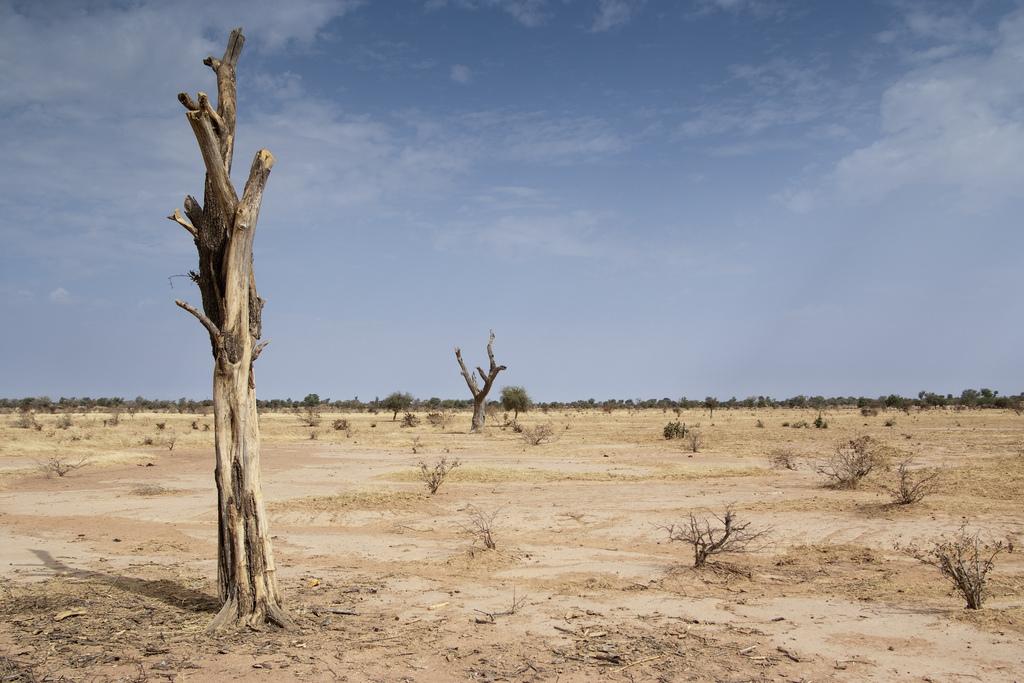Desertification: The most critical environment issue in Northern Nigeria
The Dean, Faculty of Environmental Science Nasarawa State University Keffi, Professor Nasiru Medugu Idris, has said that despite attempts by government and the international community at checking desert encroachment through afforestation, desertification still remains the most pressing environmental problem in the dry land parts of the country. Prof Idris, in a report tagged ‘The Role […]

The Dean, Faculty of Environmental Science Nasarawa State University Keffi, Professor Nasiru Medugu Idris, has said that despite attempts by government and the international community at checking desert encroachment through afforestation, desertification still remains the most pressing environmental problem in the dry land parts of the country.
Prof Idris, in a report tagged ‘The Role of Afforestation in Combating Desertification in Nigeria’to mark the World Desertification Day on Monday, June 17 said the visible sign of this phenomenon is the gradual shift in vegetation from grasses, bushes and occasional trees and in the final stages, expansive areas of desert-like sand.
“Nigeria loses over 350,000ha annually to advancing desert, the dunes are threatening life-supporting oasis, burying water points, and in some cases engulfing major roads in the affected areas,” he said.
The don noted that the trees planted by government as shelter belts to check the advancing dunes are withering due to lack of attention, saying, “despite huge efforts by governments in form of financial and material resources geared towards boosting afforestation programmes, very minimal success has been realized in sections of the few of the affected states.”
“The worsening problem of desertification is quite glaring as an estimate of between 50% and 75% of Adamawa, Bauchi, Borno, Gombe, Jigawa, Kano, Katsina, Kebbi, Sokoto, Yobe, and Zamfara states in Nigeria are affected by desertification and are particularly vulnerable to wind erosion,” he said
These states, according to him, with a population of more than 70 million people account for about 43 per cent of the country’s total land area.
He said with the country losing over 350,000 hectares of land yearly to desertification, it could not afford to watch while arable land is being lost to desert encroachment and as a result has put in place various national policies, institutional and legislative framework among others to address the issue.
He,therefore, called for more comprehensive innovations to enhance existing economic activities, such as farming, fuel wood production, and pottery (for fuel-efficient stoves), to be implemented through existing social institutions.
“These afforestation project innovations can be replicable in other arid regions of the world where there are similar soil types, vegetation, land-use and social structures,” he said.
